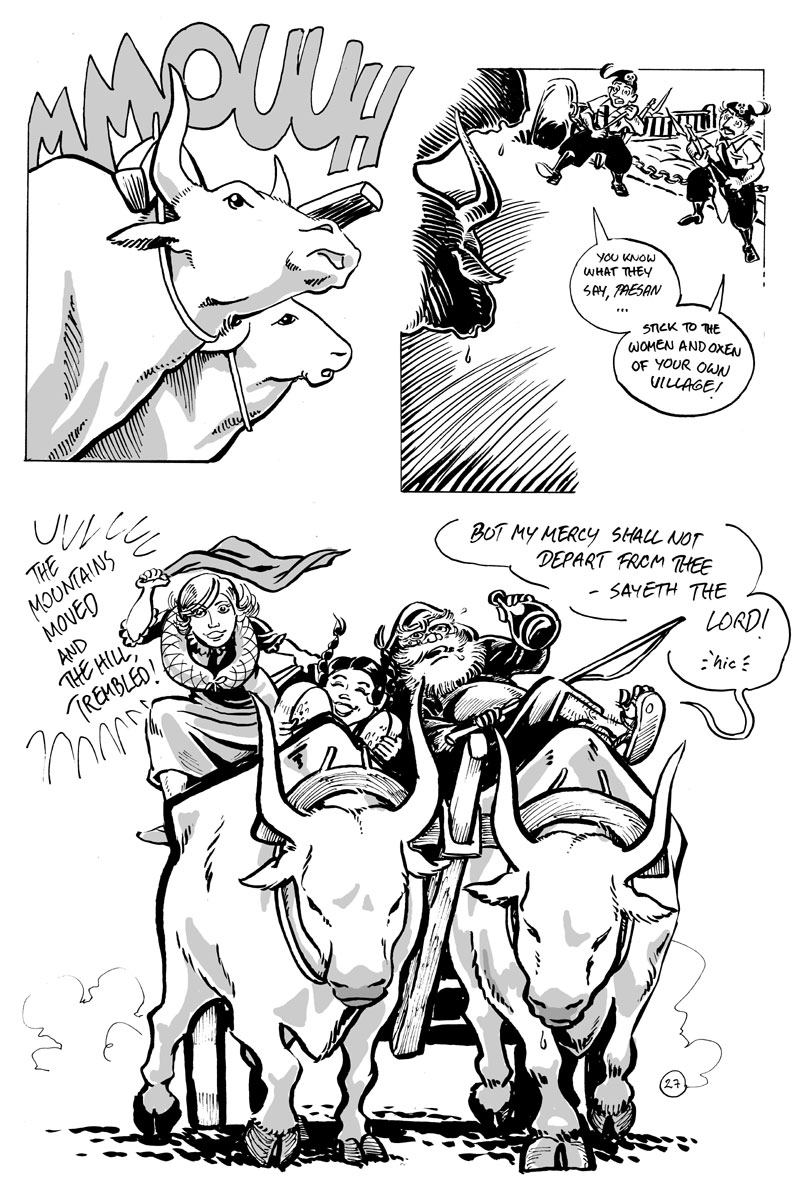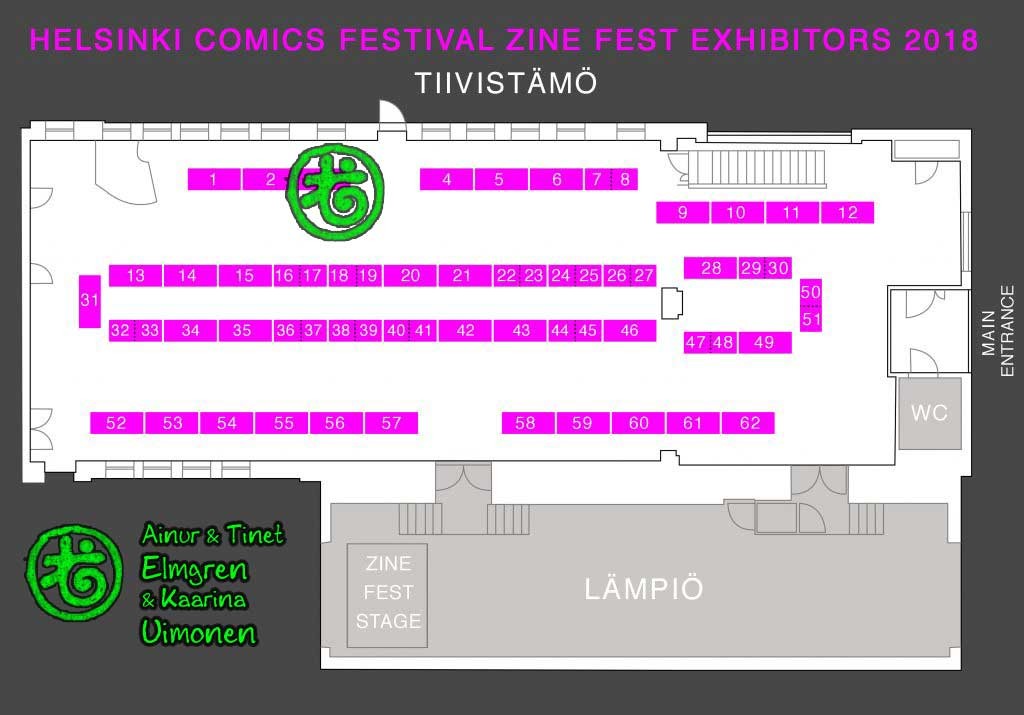… dei paesi tuoi. Wives and cattle from your own villages – then you know what you will get. A parochial proverb, but understandable from the perspective of a regionally diverse agrarian society.
Exactly what Ginestra isn’t. Some of these boys that joined the Dux to “liberate” the town from “foreign” oppression were quite surprised at its ethnic and linguistic mix. But the biggest challenge seems to have descended from the dark mountains…
Remember Susanna, Marieta and Father Grgur from chapter 3? You can refresh your memory, starting here.
Susanna and Father Grgur are paraphrasing Isaiah 54:10: “For the mountains shall be moved, and the hills shall tremble; but my mercy shall not depart from thee, and the covenant of my peace shall not be moved: said the Lord that hath mercy on thee.” (Douay-Rheims version).
I became interested in the verse after listening to different versions of the Slavic patriotic anthem “Hej, Sloveni” (originally written as “Hej, Slováci” by the Slovak romantic poet Samuel Tomášik in 1834). Versions of this anthem were used in the region that became the Kingdom of Yugoslavia. The anthem contains the lines:
“Let now everything above us / be blown away by the bora.
The stone cracks, the oak breaks, / Let the earth quake!
We stand firm / like the big cliffs …”
This story is set in 1920, so it would be anachronistic to bring up the later fate of this anthem. But I thought that the allusion to Isaiah can’t just be my own imagination. Anyway, it fits this scene very well, although neither Susanna’s not Father Grgur’s motives are nationalistic.


